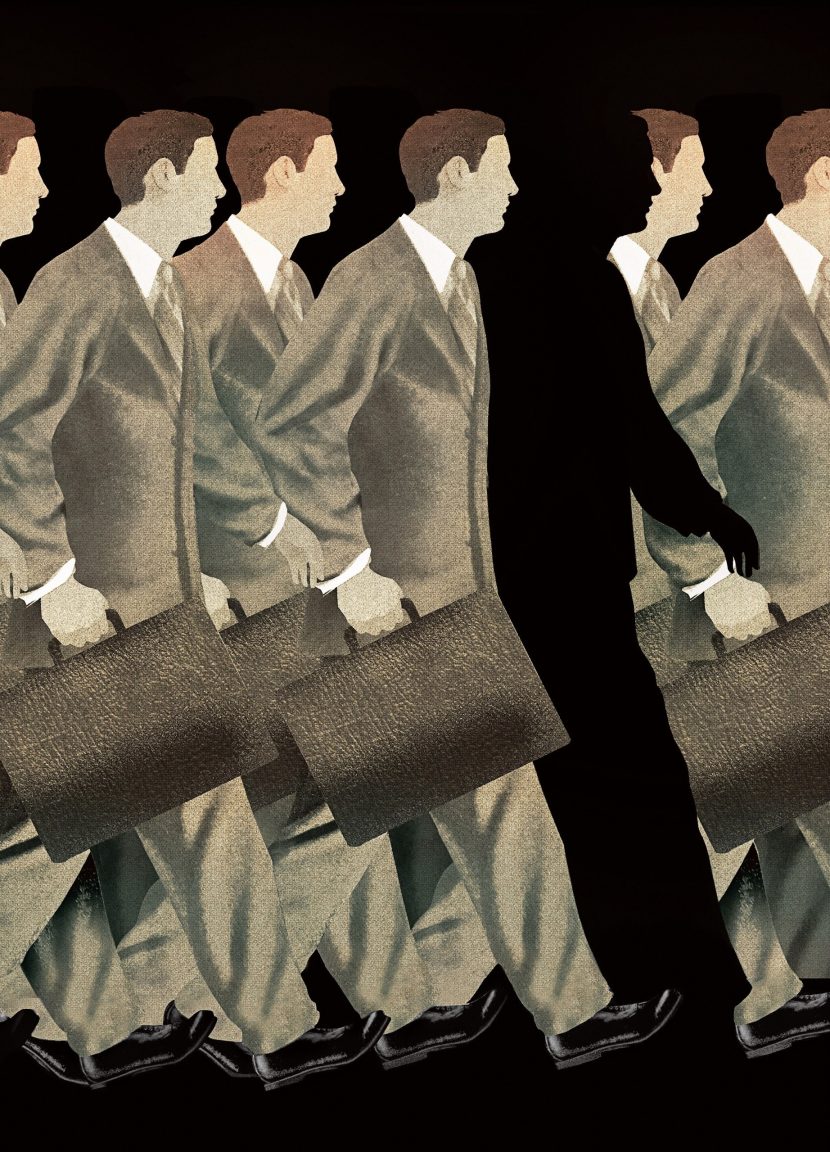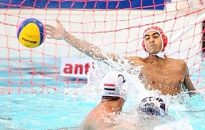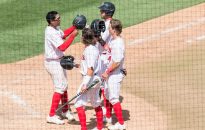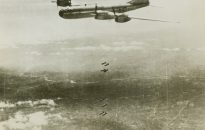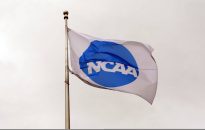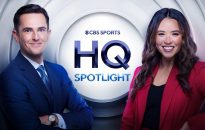Contact Gene Henley at ghenley@timesfreepress.com.Although there is no obvious solution to addressing inequality in name, image and likeness compensation for college athletes across the country — likely because there is no good answer — Randy Boyd wouldn’t mind trying to find one.Boyd has a keen knowledge of that topic, considering he gets to see it […]

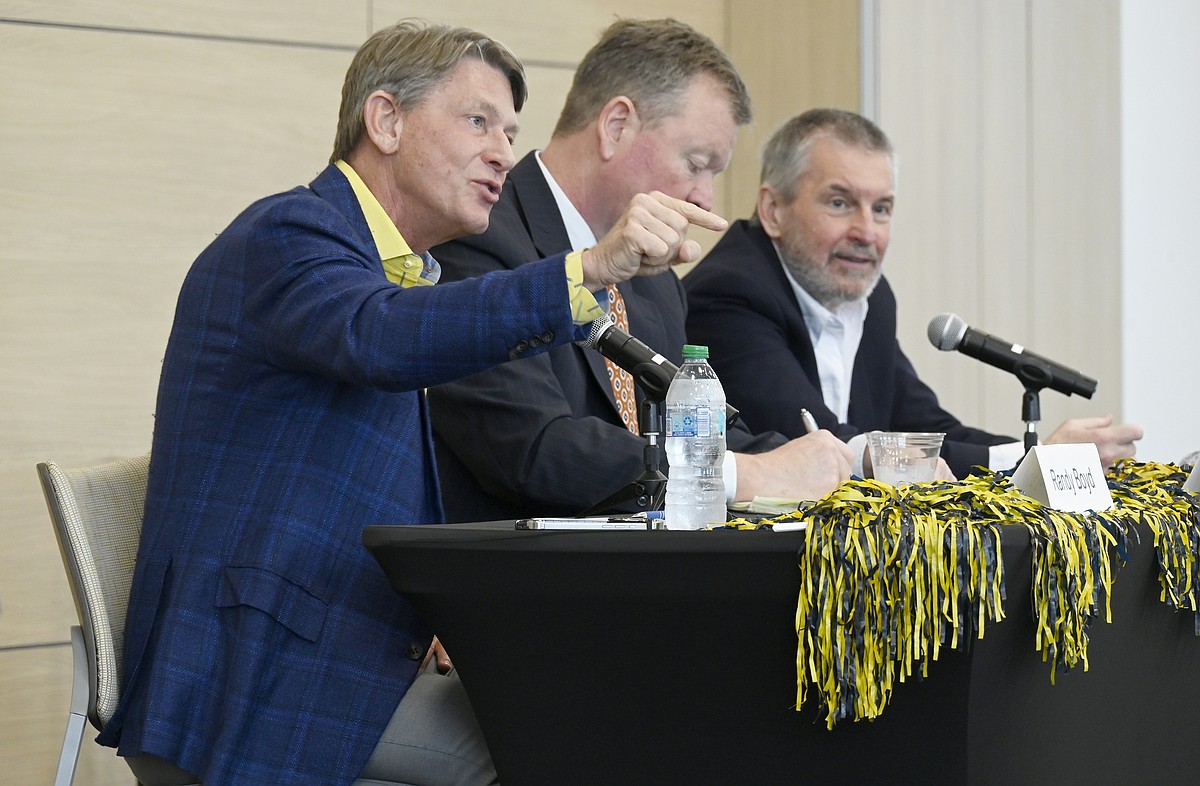
Contact Gene Henley at ghenley@timesfreepress.com.Although there is no obvious solution to addressing inequality in name, image and likeness compensation for college athletes across the country — likely because there is no good answer — Randy Boyd wouldn’t mind trying to find one.Boyd has a keen knowledge of that topic, considering he gets to see it from the perspective of UT in Knoxville — which generates a ton of revenue via athletics — but also from other schools in the system such as UTC and UT Martin, which operate under considerably smaller budgets as universities that also compete in NCAA Division I but do so in mid-major conferences and the Football Championship Subdivision (compared to UT in the powerful Southeastern Conference and the top-tier Football Bowl Subdivision).Humphreys said if someone told him five years ago about the changes coming to college sports, he would have “laughed you out of his office.””As somebody who has done research on the economics of intercollegiate athletics for 25 years, I find this point in time to just be unprecedented in terms of the economics of what’s going on,” he said. “The NCAA invented the term student-athlete and has fought tooth and nail against any sort of compensation for the athletes that are the source of the NCAA’s revenues, and now they have just sort of thrown their hands up and said, ‘We’re just going to let a free market emerge here that’s going to compensate college athletes.'”NIL is a part of it, but only a small part. NIL should provide them the ability to do licensing of their name, and that’s fair, we should be able to do that. It’s become kind of corrupted in that a lot of people are donating to organizations that are saying it’s NIL, but it’s really just straight compensation. One of my board members says it’s just intellectually dishonest; everybody knows that it’s not what we’re saying it is, but we’re pretending that it is, and so we’ve got some fundamental things that we have to change going forward.”Boyd brought up the House v. NCAA antitrust lawsuit settlement, which will allow athletes who played a Division I sport since 2016 to receive NIL compensation from a fund to be distributed over the next 10 years. In addition, programs from the power conferences — the Atlantic Coast, Big 12, Big Ten, Pac-12 and Southeastern — were recently informed of a .5 million cap in a new revenue-sharing plan that’s supposed to be used by schools “at their own discretion,” meaning the member schools will decide how the money is allocated.So how does a school such as UTC, which doesn’t bring in nearly the amount of revenue as schools in the power conferences, compete financially? Better yet, how can UTC’s athletic teams survive with an NIL situation that not only pales in comparison to more powerful leagues but schools within their own Southern Conference?Among the topics covered in the 90-minute discussion titled “The Economics of Sports” were NIL compensation.In July 2021, the NCAA dropped its longstanding ban on athletes benefiting from their name, image and likeness — while still remaining opposed to so-called pay-for-play compensation — as state governments began to pass legislation that challenged the association’s rules.”Despite being a regulatory body, the NCAA has decided not to regulate or do anything about name, image and likeness money in that market. It is still unclear where this is going to end up.”Boyd, who has been the president of the University of Tennessee system since November 2018, and Brad Humphreys, a professor of economics at West Virginia University, were part of a discussion panel moderated by Times Free Press columnist Jay Greeson on Thursday at the Wolford Family Athletics Center on the University of Tennessee at Chattanooga campus.”They would license the name, they would lease all the facilities, and they could only hire students from the university,” Boyd said, adding that eventually there should be a super league mainly for football and basketball competition. “It’s an independent organization, but it has all of your university’s employees and there’s no Title IX. They could actually have collective bargaining, but it could be more what it truthfully is, because I think everything that we do outside of that is pretending. This is actually creating an organization that actually represents what we really have.Boyd said the attorneys are the big winners in the whole deal.”It’s very radical, and I don’t think we could do that internally, but I really believe there has to be something transformational. The House settlement isn’t going to do it, and the way we’re trying to keep modifying NIL every six months isn’t going to do it. We’re going to have to do something different.””I can’t speak for everybody, but I believe that everybody that’s signing on believes it’s a flawed deal,” Boyd said. “One, they’re talking about paying the revenues to the athletes that are generating the revenue, which are mostly male football and male basketball (players). It totally ignores Title IX right now; we have laws that say that we have to treat female and male athletes the same.””There’s a whole other host of attorneys that’s lining up (to sue the NCAA), and that’s public,” he said. “The big part of the suit in the first place was that we’re not compensating athletes fairly, so who’s negotiating with athletes? We’ve got some attorneys, we’ve got NCAA, we’ve got the conferences, but there’s not student-athletes sitting at the table, and until — this is my opinion — we have collective bargaining, until student-athletes can actually be at the table and negotiate for themselves, it’s going to be flawed.Boyd suggested that all schools consider creating a nonprofit or for-profit limited liability company that could essentially own the rights to the football team. (Greeson joked that instead of the Tennessee Volunteers, UT’s teams should become the “Pilot Flying J Vols,” a reference to the company founded by UT alum and booster Jim Haslam).








